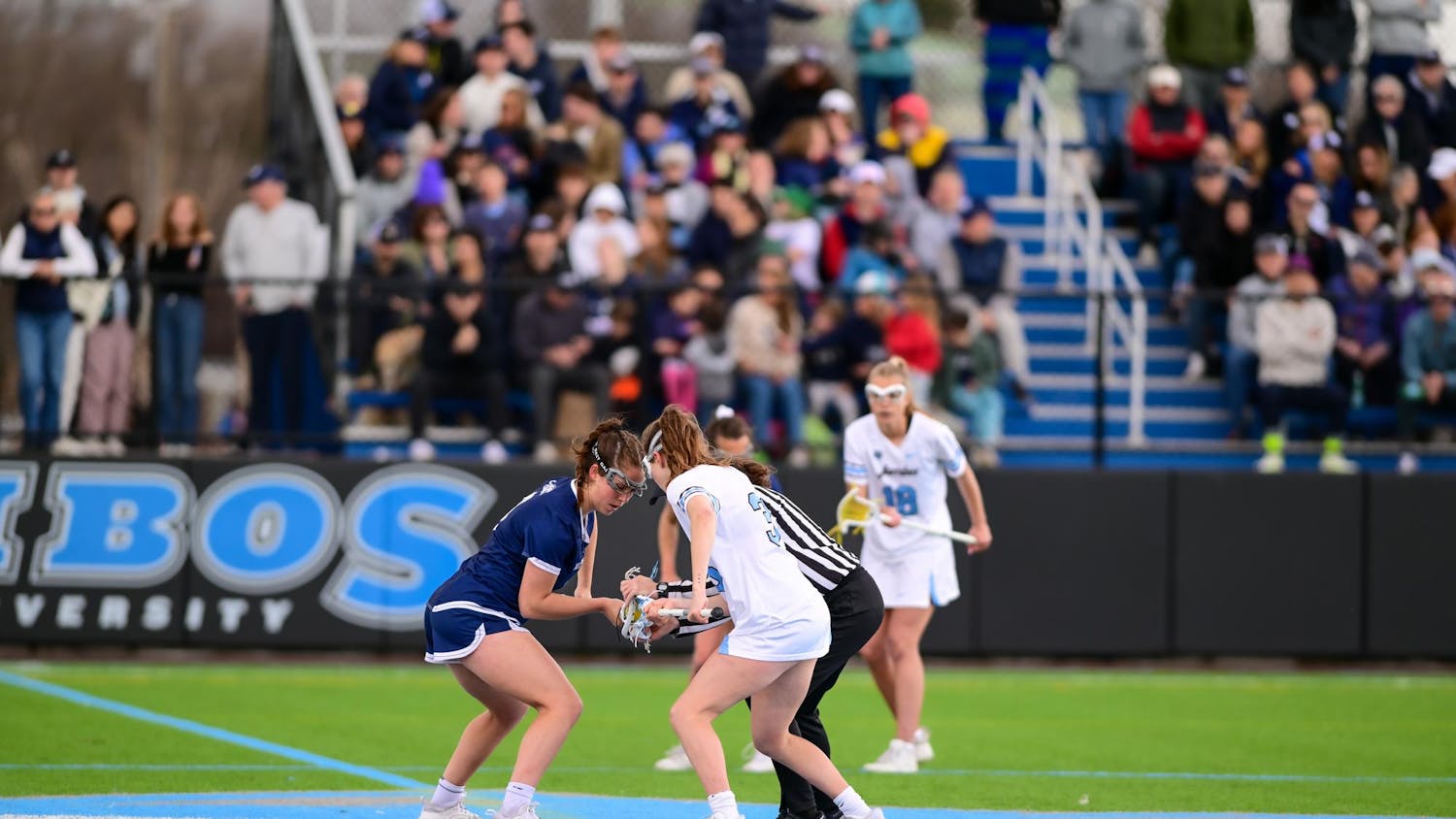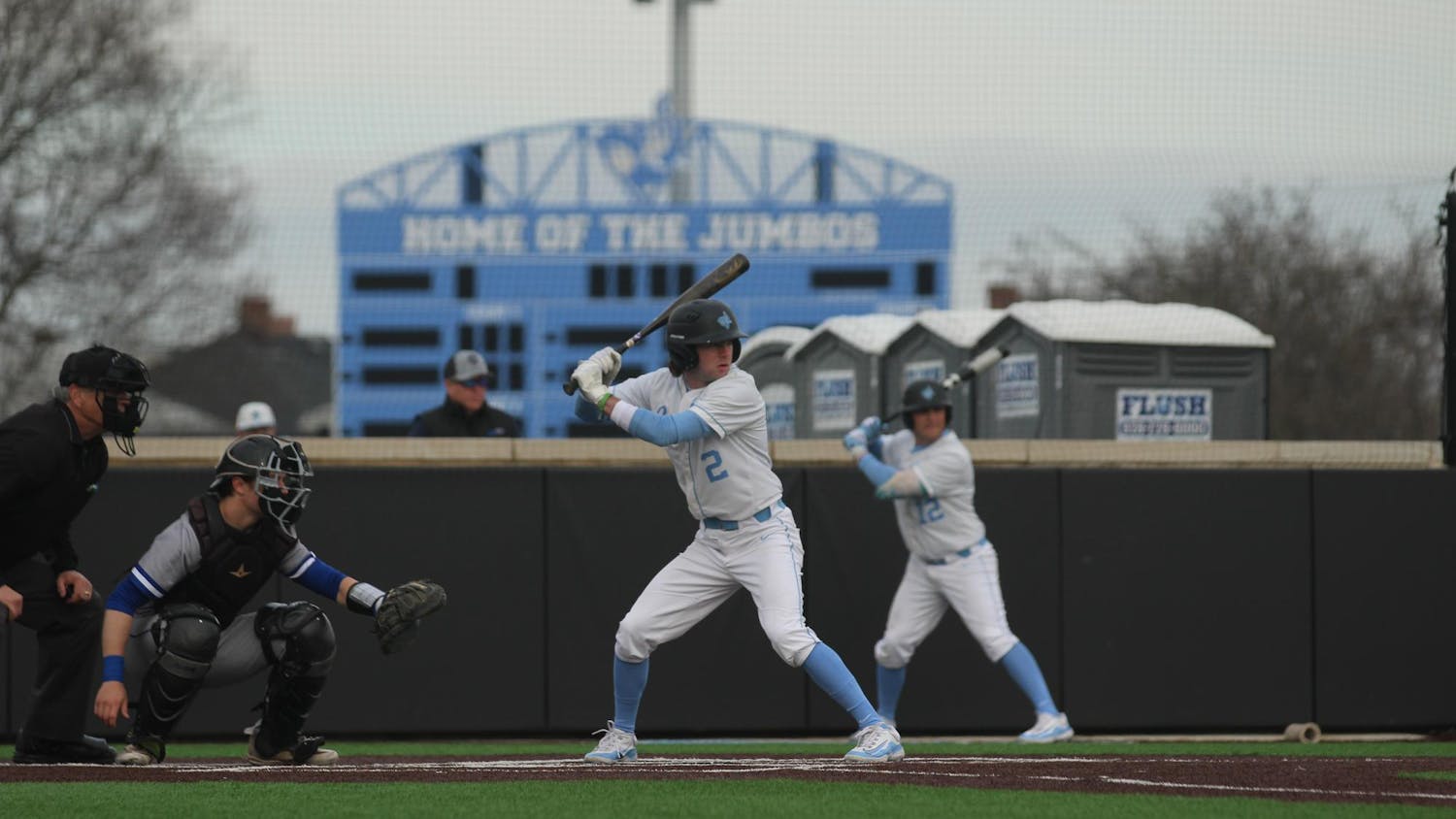Soccer is inherently biased towards the big, rich and successful teams. There is no semblance of a salary cap, so the rich stay rich, and the poor can only hope for a very moderate rise. That is, unless a team is purchased by someone willing to make an enormous investment.
Last season's winner of the English Premier League, the most coveted prize in English soccer, was such a team. Just 14 years ago, they were in England's third division fighting for a chance to be elevated to the second division.
Fans weren't greedy to enough to dream about a return to the top, a pinnacle they had not seen since 1968. They just hoped for consistent improvement, and owners who held a desire to win. The blue side of Manchester got its wish and more when the team was for sale in 2008. When Sheikh Mansour bin ZayedAl?Nahyan, a member of the ruling family of Abu Dhabi, purchased Manchester City for a rumored $237 million and proceeded to pour $892 million over four years into the club, he expected to win trophies.
However, his desires and expectations were not to win one, or two, or even three Premier League titles. His enormous investments were made with the hope of building a sustainable soccer empire that would bring in and create some of the best players on the planet, and fill up several trophy cabinets in the process.
The project started with a series of high profile purchases, the most notable of whom were Brazilian striker Robinho and Argentine forward Carlos Tevez. The next season saw more world?class players signed, including the likes of Italian striker Mario Balotelli, as well as midfielders David Silva and YayaToure. The purchases transformed City into an immediate title contender, but not without serious cost. In the 2010?11 season, Manchester City lost ?197 million, the most ever for an English club.
Graham Wallace, City's chief operating officer however, made clear that such rapid investment would not be regular, saying, "Our losses, which we predicted as part of our accelerated investment strategy, will not be repeated in the future."
Their plan from the beginning was clearly not to spend hundreds of millions of pounds year after year in order to purchase the best players in the world. On the contrary, their plan was to spend the money developing the infrastructure, the name, the brand and the youth system of the club, so that they might cultivate such players themselves.
According to this plan, most of Manchester City's heaviest spending is now directed towards its future. Construction is underway on a ?100 million youth academy and training facility. Sixteen and a half different pitches, each replicating a grass length of another Premier League team's field, are being built around the campus, alongside a new youth stadium that will seat 7,000.
Mansour's hope is to build a facility and a brand that every youth soccer player across the globe will dream of being a part of.
Sheikh Mansour of Manchester City is beloved by the majority of City supporters, not just because he transformed the team into a domestic and European contender, but also because he genuinely cares about the well?being of the club.
Committing long term to a sustainable plan that will promote continued and long?term excellence is everything a fan can hope for. Manchester City will never again be celebrating victories in the third division of English soccer. Sheikh Mansour has ensured that for the foreseeable future, the blue side of Manchester will celebrate victories in only the biggest competitions in the world.
--
Jason Schneiderman is a sophomore who is majoring in quantitative economics and computer science. He can be reached at Jason.Schneiderman@tufts.edu.





